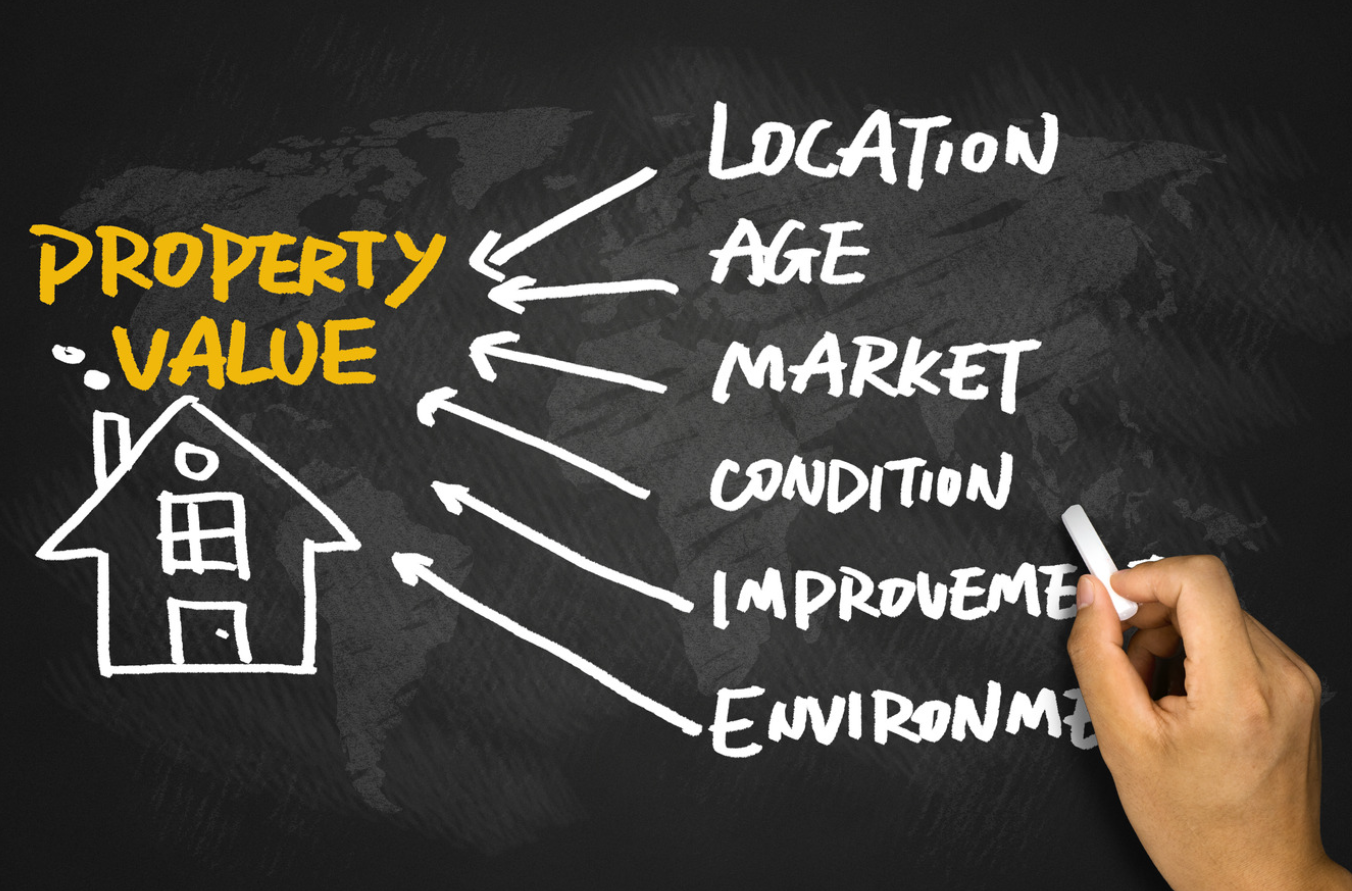It is one of the best seller's markets the real estate industry has seen in a long time, perhaps even better than the mid-2000s. List your home for sale on the market one minute, and the next you're likely fielding offers. Gay Cororaton, the Research Economist for the National Association of Realtors states, "On average, there were four offers per home sold (closed) in February 2021." Home values are rising because of this. It can be confusing for sellers to navigate through multiple offers and there can be pitfalls doing so. If you find yourself in the position of having multiple offers on your home, your real estate broker will discuss the key factors to consider.
Highest Price
Sellers often think it's as simple as taking the offer with the highest price. While price is super important, there are so many other terms of the contract to consider. You have to consider the closing date, the buyer's financing, the contingencies and so on. Also, if you take an offer with a price that is too high, you may find yourself having appraisal problems. Even in today's market, appraisers are holding the reins a bit tight so the market doesn't get too out of control. Many statistics are showing that home values are going up 10% year-over-year right now. However, history shows that a market like this must balance out at some point.
Bidding War
When you receive multiple offers on your home, your real estate broker should disclose that there are multiple offers and ask all of the brokers representing the buyers for their clients' "highest and best." According to an article on homelight.com, it's in your best interest to ignite a true "bidding war." Many buyers will take the bait and try to make their offer shine. Some buyers don't like to be in a bidding war, however and may look elsewhere.
Work With the Best Offer
Once all of the buyers have placed their best foot forward and given you their highest and best offers, it's time to choose one to work with. Choose the one that has the best price and terms for you. If the offer is higher than asking price, ask your real estate broker if he thinks there are enough comparable closed properties so that your home has a good chance of appraising. Be sure the closing date works best for you. Take into consideration that the buyer is not asking for any personal property or fixtures that you aren't planning on leaving with the home. Make sure the buyer doesn't have a house to sell or close on. In today's market, sellers shouldn't have to take a "house to sell" or a "house to close" contingency. Most importantly, look at the buyer's financing. Strong, solid financing is a must. For example, a buyer who is obtaining a conventional loan and putting down 20% is better than a buyer who can only put down 5%.
Back-Up Offers
Feel free to have your real estate broker ask the other offers to be back-up offers if the one you choose doesn't work out. A true back-up contract is one that is signed, sealed and delivered. Some buyers don't like to be bound to waiting to see if your initial contract falls through. So, sometimes this strategy doesn't work.
In a multiple offer situation, you hold the power. Use it to your advantage. Be careful that you don't negotiate too aggressively or the buyer might withdraw his offer. Some buyers are turned off by sellers who use tough negotiation strategies and they walk away. All in all, being in a multiple offer situation usually works out to your advantage.





